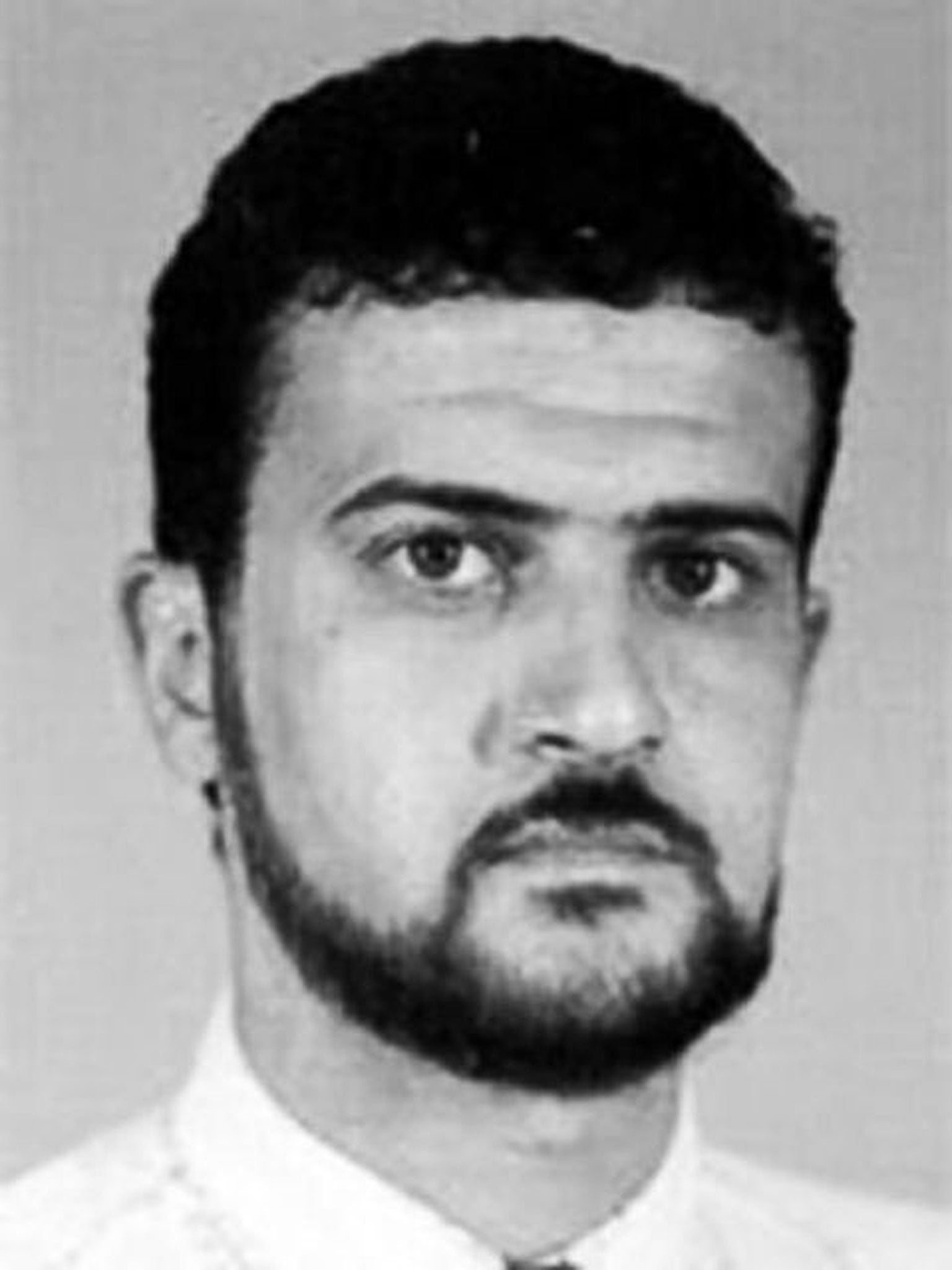Alleged al-Qa'ida figure Abu Anas al-Liby set to appear in New York court on terrorism charges
Al-Liby - real name Nazih al-Ragye - has been implicated over the 1998 bombings of the US embassies in Kenya and Tanzania that killed 224 civilians

Your support helps us to tell the story
From reproductive rights to climate change to Big Tech, The Independent is on the ground when the story is developing. Whether it's investigating the financials of Elon Musk's pro-Trump PAC or producing our latest documentary, 'The A Word', which shines a light on the American women fighting for reproductive rights, we know how important it is to parse out the facts from the messaging.
At such a critical moment in US history, we need reporters on the ground. Your donation allows us to keep sending journalists to speak to both sides of the story.
The Independent is trusted by Americans across the entire political spectrum. And unlike many other quality news outlets, we choose not to lock Americans out of our reporting and analysis with paywalls. We believe quality journalism should be available to everyone, paid for by those who can afford it.
Your support makes all the difference.An alleged senior al-Qa'ida figure captured in Libya by US special forces earlier this month has been brought to the United States to face arraignment on federal terrorism charges, US officials said on Monday.
The Libyan, Nazih al-Ragye, better known as Abu Anas al-Liby, is a suspect in the 1998 bombings of the US embassies in Kenya and Tanzania that killed 224 civilians.
He was seized by a US Army Delta Force squad on the streets of Tripoli on 5 October and whisked onto a Navy ship in the Mediterranean Sea.
He was flown to the United States and handed over to civilian law enforcement over the weekend and brought directly to the New York area, said US Attorney Preet Bharara, the chief federal prosecutor for Manhattan.
Al-Liby is expected to appear before a judge today, Bharara said in a statement. A criminal indictment was filed in 2001 against al-Liby and others suspected in the embassy bombings.
US officials initially said they expected al-Liby would be held aboard ship for weeks or months while under questioning by an elite US interagency team known as the High-Value Target Interrogation Group, or HIG.
But a law enforcement official said that, soon after his capture, it became clear to interrogators that al-Liby suffered from several pre-existing, chronic health conditions.
The official said his transfer to the custody of civilian authorities in the United States was necessary because medical facilities aboard ship were not sophisticated enough to provide adequate care.
Al-Liby's wife has said in media interviews that he suffers from Hepatitis C.
David Patton, the chief public defender for New York who had requested that a judge appoint a defence lawyer for al-Liby, had no immediate comment on al-Liby's transfer.
US District Judge Lewis Kaplan in Manhattan declined on Friday to assign a court-appointed attorney to al-Liby until he had been formally arrested by law enforcement.
It was not immediately known whether al-Liby cooperated with US interrogators or provided them with intelligence of any value. He was in military custody for about 10 days.
Shortly after al-Liby was captured, Republican US Senator Lindsey Graham suggested he should be held as an enemy combatant and interrogated at the US detention camp at Guantanamo Bay, Cuba, which President Barack Obama has vowed to close.
In the past, local authorities in New York and national politicians expressed concern that the imprisonment and trial of high-level al-Qa'ida suspects in New York or other US cities could provoke retaliatory attacks against the US mainland.
Over the past year, however, other high-level al-Qa'ida suspects, including a close associate of the late Osama bin Laden and a notorious London-based preacher known as Abu Hamza al Masri, have been extradited to New York to face federal court trials with little apparent impact on security.
Senator Patrick Leahy, chairman of the Senate Judiciary Committee, applauded the decision to try al-Liby in a civilian court. It “shows that the United States acts out of strength and not out of fear. We are not afraid of terrorists, nor are we afraid to bring them to justice in our courts,” he said.
US officials say al-Liby remained a significant figure in al-Qa'ida. They said he served as a liaison between militant groups in Libya and North Africa and Ayman al-Zawahiri, the Egyptian physician who now leads what remains of al-Qa'ida's core organization based in Pakistan.
In the wake of the 11 September, 2001 al-Qa'ida attacks on New York and Washington DC, the US government offered a $25 million reward for information leading to al-Liby's capture. But later the reward was reduced to $5 million.
A group of Libyan gunmen who briefly seized Prime Minister Ali Zeidan from a Tripoli hotel last Thursday said they did so because of his government's role in the US capture of al-Liby.
Reuters
Join our commenting forum
Join thought-provoking conversations, follow other Independent readers and see their replies
Comments